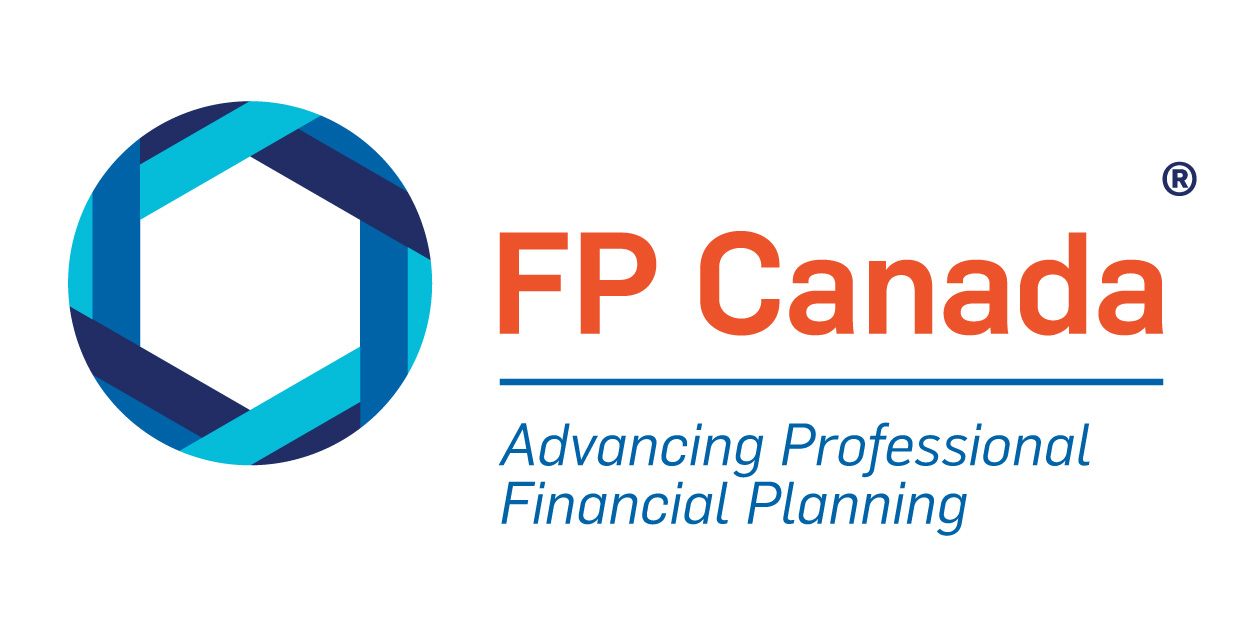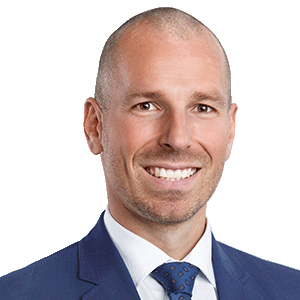Investing is an important tool that can help you achieve your financial goals by growing your wealth over time. A holistic financial plan coupled with professional financial advice can act as a solid foundation for those getting started.
What is investing and why is it important?
Investing is the act of buying an asset in order to sell it for a higher amount later. The goal is to grow your wealth over time. Common examples of investments include stocks, bonds, mutual funds, exchange-traded funds (ETFs), real estate, and businesses, among others.
Investing can be complex and emotional, but it’s an important tool that can help you secure your financial future. Growing your money over time can assist you in achieving major financial goals, such as purchasing a home or affording your lifestyle in retirement.
Types of Investments and Their Risks
As previous mentioned, there are various types of investments—from investment products such as stocks, bonds, mutual funds, and ETFs, to real estate and beyond. When choosing the type of investment that’s right for you, it’s important to first understand your goals. Why do you want to invest your money, and what does success look life for you?
It’s also important to understand the risks associated with the investments you choose, and your overall risk tolerance. Investments come with some risk. These may be related to the nature of the investment, the market factors impacting it, volatility in the market, liquidity (or how easily you can turn your investment into cash), your ability to sell, your investment’s correlation to other investments you own (how closely they’re related to each other), and their impact on your taxes, among others.
What determines a good or appropriate investment will depend on your individual circumstances. A professional financial planner can help you weigh all the factors involved.
Minimizing Taxes
When you think about growing your money through investing, you should also be thinking about how to reduce taxes that can slow that growth. Certain investment accounts can help, such as a TFSA (tax free savings account) or RRSP (registered retirement savings plan). Here’s what to know about these accounts:
Understanding TFSAs
- Investment growth, income, and withdrawals within a TFSA can be tax free, providing tax optimization (which allows you to reduce your tax burden legally) and flexibility to your investment strategy. It’s important that you don’t over contribute to your TFSA as per TFSA tax rules. There can be penalties for over contributing.
Understanding RRSPs
- When investing in an RRSP, the investment growth and income can be tax-sheltered (meaning it can help you reduce your taxable income, and therefore, your tax liability). The contributions can be tax deductible, which can help you grow your investments faster. When it comes time to withdraw from your RRSP, the full amount withdrawn is taxed as income (which means this is a tax-sheltered account, not a tax free account). It’s also important to not over contribute to your RRSP as per the RRSP tax rules, as there can be penalties for over contributing.
Ready to Learn More Financial Planning Basics?
Check out these articles for some foundational personal finance tips.
The Evolving World of Fintech
Although investing fundamentals are important, fintech, or financial technology, can also be helpful. We’ve seen the rise of online client portals, self-directed investment platforms, robo advisors, AI assisted financial planning, and other technologies in the investment landscape in recent years.
Technology can help, but it’s still just a tool—not a replacement for professional financial advice. As is the case with any tool, if you use technology improperly, or if it’s not the right tool for the job, it can do more harm than good. Your best bet is to explore whether financial technology can make your journey to financial well-being easier with the help of a professional financial planner.
How to Get Started with Investing
Investing wisely can provide you with greater financial security, and even replace your income when you stop working in retirement. One of the first steps is creating a holistic financial plan that includes your investing goals. This plan can provide you with a roadmap to help you achieve financial well-being.
If you have questions about investing, a financial planner can help provide the answers you need to set yourself up for success. To find a CFP® professional or QAFP® professional who can help you build an investment strategy as part of a holistic financial plan, use the Find Your Planner tool.
Ryan Gubic, CFP, is the Founder and Personal CFO at MRG Wealth Management in Calgary, Alberta

 Find Your Financial Planner
Find Your Financial Planner



